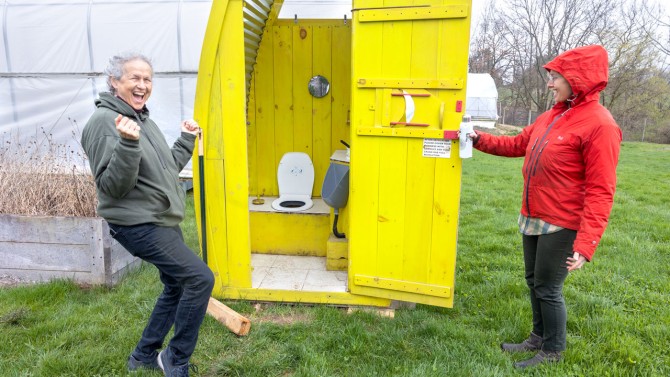The State Government is putting $1.5 million on the table to combat food insecurity.
Applications for the Food Security Grants are now open, offering up to $50,000 for innovative projects aimed at shoring up food systems in communities.
These grants are not just an allocation of funds; they could become a lifeline for families and individuals struggling to put food on the table and to support sustainable sources of food into the future.
The latest commitment is part of $5 million over four years included in the 2023-24 State Budget for food relief organisations and financial counselling for those in need.
The grants will support community projects that align with the South Australian Food Relief Charter and the Nutrition Guidelines for the Food Relief Sector in the state.
The kinds of projects within the grants’ remit could include proposals to improve food security infrastructure, including cold and bulk storage; community food and nutrition education programs and partnerships between community organisations and local government.
According to a 2020 report on Food Security and Nutrition, food security exists ‘when all people, at all times, have physical, social and economic access to sufficient, safe and nutritious food …for an active and healthy life’.
Grant applications that focus on one or more of these dimensions could include:
*Community/social supermarkets ensuring affordable and dignified access to food.
*Cutting-edge food storage and refrigeration solutions.
*Thriving local food networks, including fresh food markets.
*Revitalising or enhancing community gardens, for example providing raised garden beds, tools, storage, irrigation, plants, and seedlings, or facilities like toilets, shelters, and spaces for food and nutrition education.
*Innovative community nutrition and food education programs, enhancing food and nutrition literacy.
*Strengthening an organisation’s capability for service delivery through volunteer training.
*Community-focused food and nutrition literacy, job opportunities, and leadership development.
*Modernised kitchens and cooking equipment, ensuring safe and healthy food preparation.
*Inclusion of food and consumables, integral to community education and development programs.
*Pioneering sustainable urban agriculture initiatives.
*Supporting food entrepreneurs at risk of food insecurity through innovative social enterprises.
Applications are open to Aboriginal community-controlled organisations, not-for-profit community organisations, and Social Traders-certified social enterprises. Grants will be accepted until Thursday, 23 November, at 3pm.
As put by Nat Cook
I’d love to see a South Australia where no one goes to bed hungry.
The cost of living, a lack of nutritional knowledge, and so many other global factors are driving more and more South Australians into experiencing food insecurity.
I know we have many community organisations that will come up with practical ideas that will help communities navigate away from food insecurity.
We need sustainable and innovative projects that contribute to the development of food-secure communities which are equitable, empowering, healthy, nutritious, and community-driven.
This is not just a grant; it’s an invitation to be part of a movement that can change lives and transform communities. It’s not about handouts, but giving people the information and tools to make them more independent and take charge of their food security.
As put by Belle Owen, Brompton Community Garden Chair
Access to fresh produce impacts physical and mental health, but the opportunity to grow and share your own fresh produce makes you a part of community. That brings the added benefits of connection, safety, and a sense of pride.
Places like community gardens where people come together to share knowledge, support each other and grow food are increasingly valuable in today’s society. Not only do they help people with access to fresh fruit, herbs, vegetables and eggs, but they reduce food miles, making what we eat more sustainable, and they add much needed green areas to our communities.
Knowing that no matter what is going on in life, that you can walk over to the community garden and grab some ingredients for dinner can relieve a lot of pressure.








